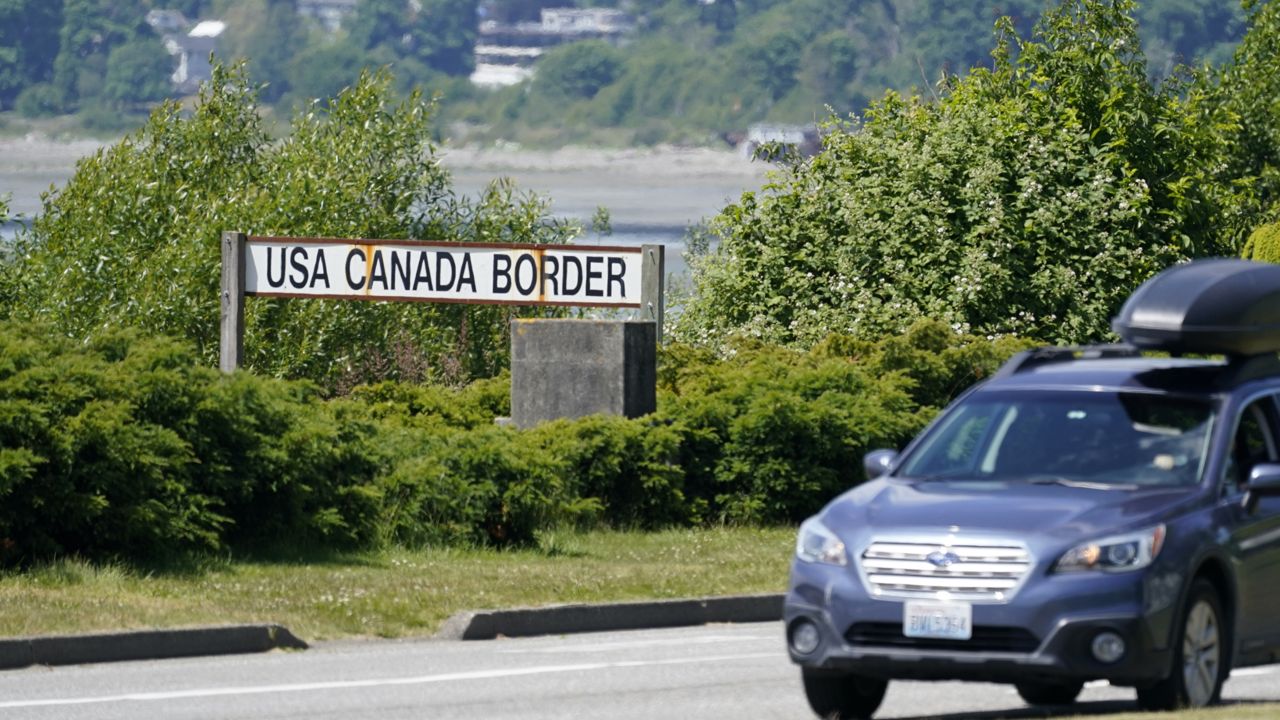The United States will keep its northern and southern borders closed to non-essential travel for at least another month, the Department of Homeland Security announced Sunday.
The U.S. borders with both Canada and Mexico were originally closed in March of last year due to the coronavirus, and have been extended monthly since then.
“To reduce the spread of #COVID19, the United States is extending restrictions on non-essential travel at our land and ferry crossings with Canada and Mexico through July 21, while ensuring access for essential trade & travel,” the department wrote in a statement on social media.
Unlike previous months, the department noted there have been “positive developments” in recent discussions on when and how the borders might reopen.
DHS is “participating with other U.S. agencies in the White House’s expert working groups with Canada and Mexico to identify the conditions under which restrictions may be eased safely and sustainably,” per a statement.
The announcement from DHS came a few days after Canadian officials announced plans to keep the border closed for at least another month, angering officials and U.S. residents alike who say the closure has a negative impact on cities that rely on cross-country tourism.
New York Democratic Sen. Chuck Schumer criticized Canada’s decision in an interview on Saturday, saying he told Canada’s ambassador Kirsten Hillman that the U.S. “government is ready" to reopen its borders before Sunday’s announcement from the DHS.
"I told her that we have to work together, that the U.S. and Canada have to work to get the border open immediately," Schumer told local reporters. "I told her: Come up with a plan that will allow people who are vaccinated – Canadian or Americans – across the border."
"She did not really have good answers,” Schumer said of Hillman, adding: "She was sympathetic to the problem, but basically she said she would certainly convey my message to Mr. Trudeau.”
But Canada’s Prime Minister Justin Trudeau maintained the border will stay closed until 75% of Canadians receive at least one dose of a coronavirus vaccine and nearly 20% of the country is fully vaccinated against the virus.
"The finish line is when a significant majority of Canadians, approximately 75%, are fully vaccinated," Canada's minister of public safety and emergency preparedness Bill Blair told CBC on Sunday.
But he also said certain border rules for fully vaccinated Canadians and residents will loosen before the end of July, telling CBC there will be “changes with respect to the government-assisted hotels, perhaps some implication on who would be subject to quarantine, what it means to be a fully vaccinated traveller and what changes can now be accommodated for those people who are, in fact, fully vaccinated.”
As of Monday, around 65% of Canadians have received at least one COVID-19 vaccine, and nearly 19% have been fully vaccinated against the disease, per a government website.
The government expects to have enough vaccines delivered for 80% of eligible Canadians to be fully vaccinated by the end of July. Canada delayed administering a second dose to get more people a level of protection with the first dose faster and as the country waited for more supply to arrive.
Canada only started getting U.S. manufactured vaccines in May as the U.S. didn’t allow exports until then. Canada had largely been getting vaccines from Europe until then.
The U.S. delivered about 1 million doses to Mexico, Canada and South Korea earlier this month.
The Associated Press contributed to this report.



